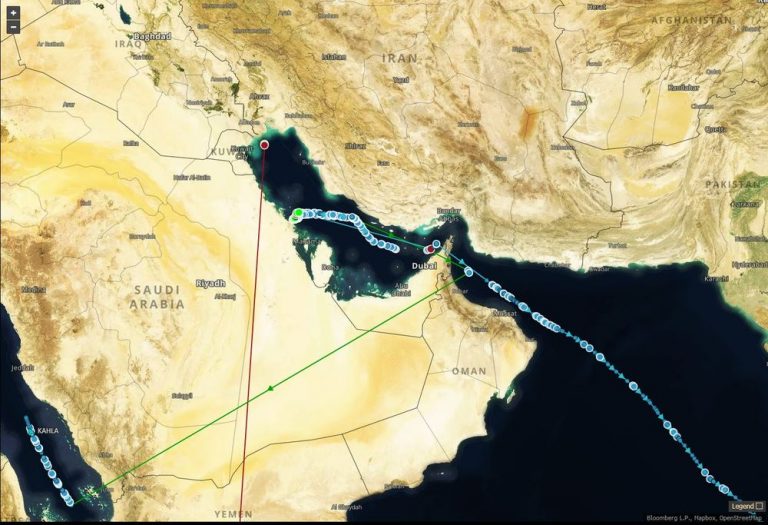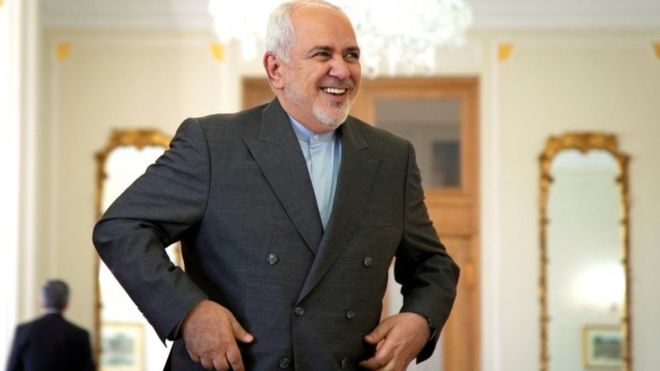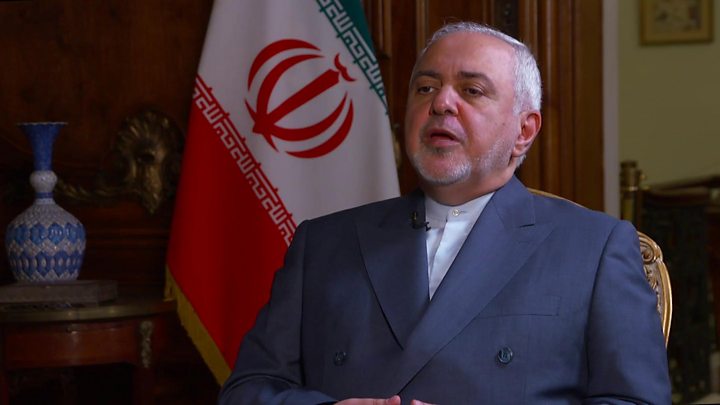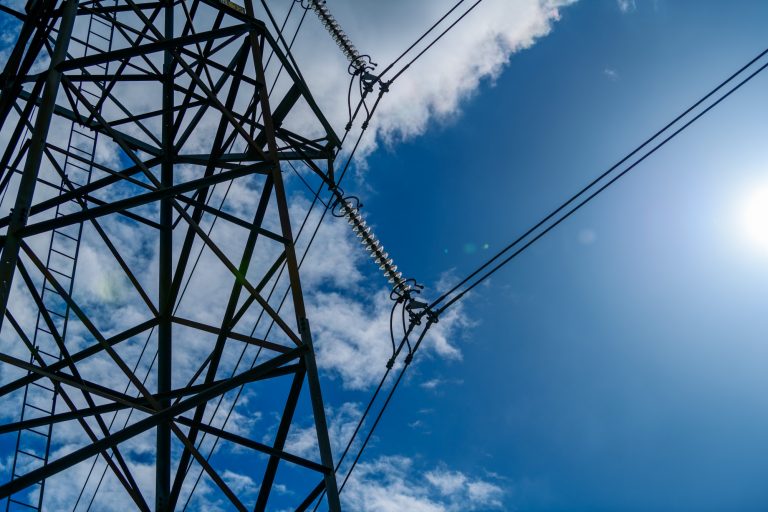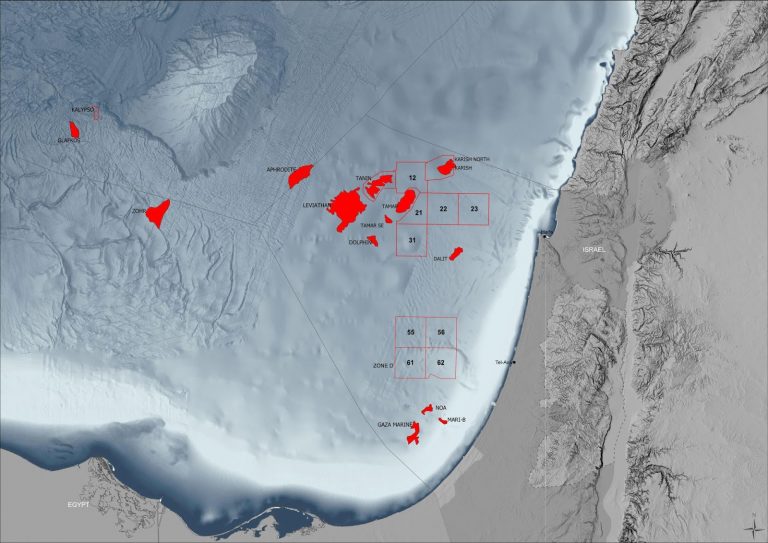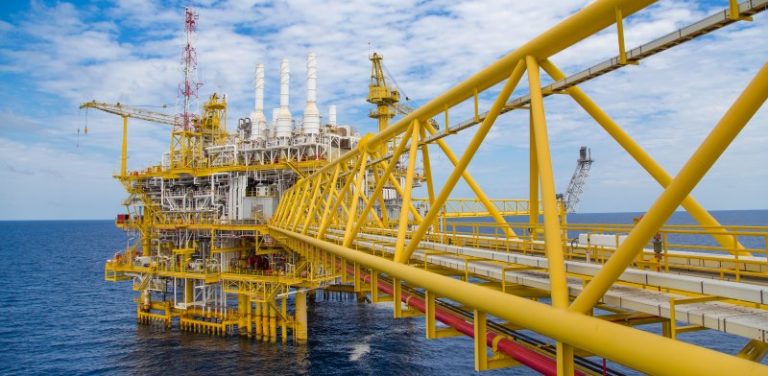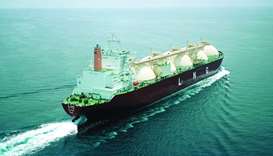India set to increase energy imports from US: Minister

Bloomberg/New Delhi
India will step up oil and gas imports from the US as the third-biggest oil consumer looks to diversify its supply sources and secure energy for its 1.3bn people.
“When we came to power in 2014, we were not taking any energy from the US and last financial year it was $6bn,” India’s Oil Minister Dharmendra Pradhan said at the Bloomberg NEF Summit in New Delhi. “I’m saying with full responsibility, this is just the beginning and a lot more would be spent in the near future.”
Indian refineries started buying American oil after the US reversed a decades-old law that restricted exports of unrefined crude in late 2015. The processors imported 6.4mn tonnes of crude worth $3.6bn from the US during the financial year 2018-19, according to data from India’s Directorate General of Commercial Intelligence and Statistics. Indian companies also have long-term contracts for purchasing liquefied natural gas from the US.
Some infrastructure constraints in the US Permian Basin are likely to be removed later this year, which will increase supply and may result in India being able to reduce its reliance on the Middle East, the head of Hindustan Petroleum Corp, one of India’s biggest state-run refiners, told Bloomberg last month. Middle Eastern producers supply every two barrels out of three that India imports to meet its crude requirement.
Higher energy purchases from the US will help correct the trade imbalance that President Donald Trump has spoken about. New Delhi’s trade surplus with Washington fell sharply to $17.12bn in the year ended March 31 from $21.26bn a year ago, according to data from India’s trade ministry.
India, which imports 85% of its oil requirements, is also seeking to harness other non-conventional energy sources such as bio-fuels to reduce exposure to oil price volatility, Pradhan said. The goal of becoming a $5tn economy will boost the nation’s energy demand, making it necessary to tap every source, he said. The government has introduced a new policy that encourages bio fuel production from non-food feedstock such as solid and industrial waste and biomass. “Utilising the surplus biomass capacity, India can replace 1% of oil-import dependency,” the minister said.

